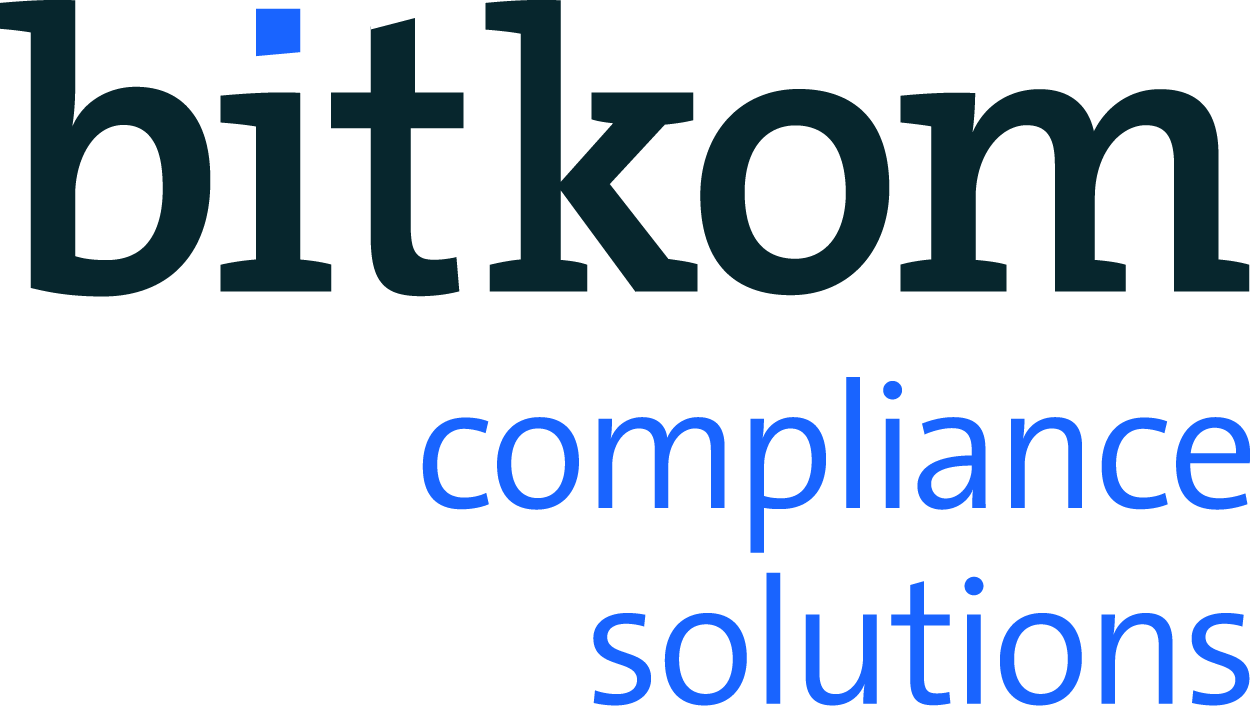9 April, 2025: First Evaluation of the Coalition Agreement 2025: Environment, Sustainability & Climate Protection
The CDU, CSU and SPD presented their coalition agreement in Berlin today.
In terms of the environment, sustainability and climate protection, the coalition agreement falls short of the standards set in the previous legislative period. Although it contains some welcome announcements - for example on the circular economy or the simplification of sustainability reporting obligations - the overall importance of these topics remains significantly weakened.
The distribution of portfolios was also announced during the presentation: The Federal Environment Ministry will be led by the SPD in future. It remains to be seen who will take over the office.
Specific regulatory projects
The specific regulatory plans include the abolition of the national Supply Chain Due Diligence Act (LkSG). It is to be replaced by a law on international corporate responsibility that implements the European Supply Chain Directive (CSDDD) in a low-bureaucracy and enforcement-friendly manner. The reporting obligation under the LkSG will be abolished immediately and completely eliminated.
Changes are also planned in the area of extended producer responsibility (EPR)
The coalition agreement announces that textiles will also be included in product responsibility in future - Germany is thus following a European trend. A corresponding regulation is also being prepared at EU level. Producers and retailers of clothing, home textiles and shoes would be particularly affected.
The optimization of waste collection for batteries and electrical appliances has also been announced. What exactly this means remains unclear. What is clear, however, is that the issue of functioning collection and take-back systems will become even more important in the context of the EPR.
Battery Implementation Act
It is still unclear when work will resume on important legislative projects that were left undone during the last legislative period. The adoption of the Battery Implementation Act (BattDG) is particularly urgent. The corresponding draft bill was introduced in November 2024, but could no longer be passed due to the break-up of the traffic light coalition. It is not expected to be passed this year - a circumstance that means considerable legal uncertainty for companies. The original plan was replace the existing Battery Act (BattG) with the BattDG on August 18, 2025.

